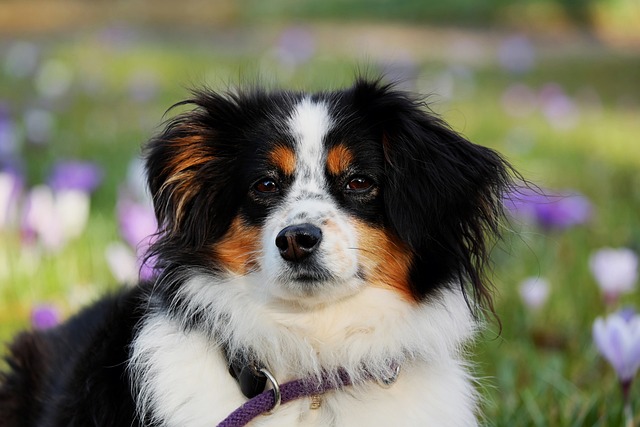
How do i train my dog to be obedient?
Watching your dog dart across the park ignoring your calls isn’t just frustrating—it can put them at risk near busy streets or public spaces.
Anyone who’s raised a Dachshund knows the struggle—those tiny legs dashing to hide under the couch after an accident, even after weeks of consistent practice. Their stubborn streak isn’t just a quirk; it’s tied to their history as independent hunting dogs, bred to make decisions on their own in tight burrows. This independence can make them less likely to follow potty cues right away, unlike some more eager-to-please breeds.
Size plays a bigger role than you might think, too. Dachshunds have small bladders, meaning they can’t hold it as long as larger dogs—especially as puppies. A busy morning rush might lead to a missed potty break, and once they’ve had an accident indoors, the scent can make them return to the same spot. Many owners in urban areas learn to adjust their routines, squeezing in extra trips outside between work meetings to avoid setbacks.
 Local laws add another layer to the process. Some cities require dogs to be leashed even in private yards, which can throw off a Dachshund’s comfort level during potty time. Others have strict rules about cleaning up after pets in public, so carrying waste bags isn’t just polite—it’s legally required. Failing to comply can mean fines, so integrating these rules into training (like grabbing a bag before heading out) becomes part of the routine.
Local laws add another layer to the process. Some cities require dogs to be leashed even in private yards, which can throw off a Dachshund’s comfort level during potty time. Others have strict rules about cleaning up after pets in public, so carrying waste bags isn’t just polite—it’s legally required. Failing to comply can mean fines, so integrating these rules into training (like grabbing a bag before heading out) becomes part of the routine.
Behavioral triggers often fly under the radar. Dachshunds are sensitive to changes—moving to a new home, a new family member, or even a shifted feeding schedule can derail progress. One owner in Portland noticed her Dachshund started having accidents after switching to a later dinner time; adjusting back to an earlier meal fixed the issue within a week. These small, breed-specific quirks mean training needs flexibility, not just repetition.
Consistency is key, but it has to be tailored to their personality. Punishment rarely works—Dachshunds tend to shut down or become more stubborn if scolded. Instead, positive reinforcement, like a tiny treat and excited praise right after they go outside, builds trust. Many owners find using a consistent cue word, like “go potty,” helps their Dachshund connect the action to the command over time.
With patience and breed-specific strategies, potty training a Dachshund gets easier. Understanding their independence, small bladder, and sensitivity to changes turns frustration into progress. And by aligning training with local laws—like leashing up and cleaning up—you’re not just teaching them good habits; you’re being a responsible neighbor and pet owner. Before long, those accidental messes will become a thing of the past.

Watching your dog dart across the park ignoring your calls isn’t just frustrating—it can put them at risk near busy streets or public spaces.

New puppy owners often find themselves rushing to clean up accidents before they set in, and that’s where puppy pad training becomes a game-changer.

If you've noticed your dog's waistline disappearing and your veterinarian has mentioned those few extra pounds, your first instinct might be to simply reduce the amount of food in their bowl.

Training a dog to use a designated spot indoors isn’t as daunting as many new owners fear, but it does take consistency and an understanding of your pet’s needs.

That moment of dread on a walk is all too familiar for many new dog owners. You see another dog approaching down the sidewalk of your neighborhood

If the sight of another dog on your neighborhood walk makes your heart sink as your own dog erupts into a frenzy of barking and lunging, you're not alone.